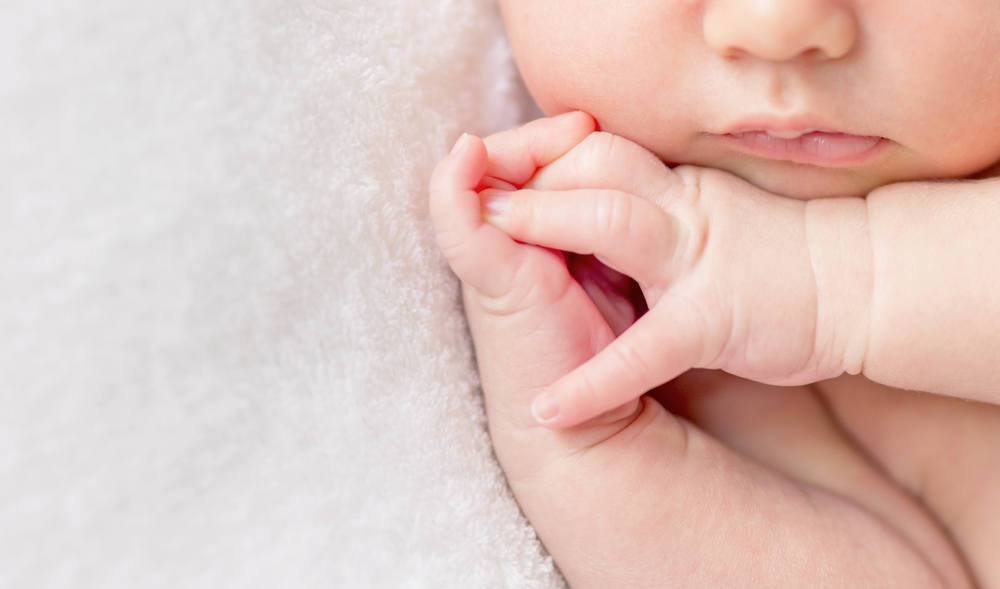Kernicterus is a type of brain damage most often found in babies which is caused by an extreme build-up of bilirubin in the brain. Bilirubin is a waste product that is produced so that your body can remove it. It is a product of a process when your liver breaks down old red blood cells so your body can remove them.
It is usual for newly born babies to have high bilirubin levels which is also known as newborn jaundice. According to some trusted sources, about 60 percent of babies have jaundice because their bodies can’t remove bilirubin. Kernicterus is way rarer as it involves dangerously high bilirubin levels.
Kernicterus is a medical emergency because babies with this condition need to be treated as soon as possible to bring down their bilirubin levels and to prevent further brain damage.


